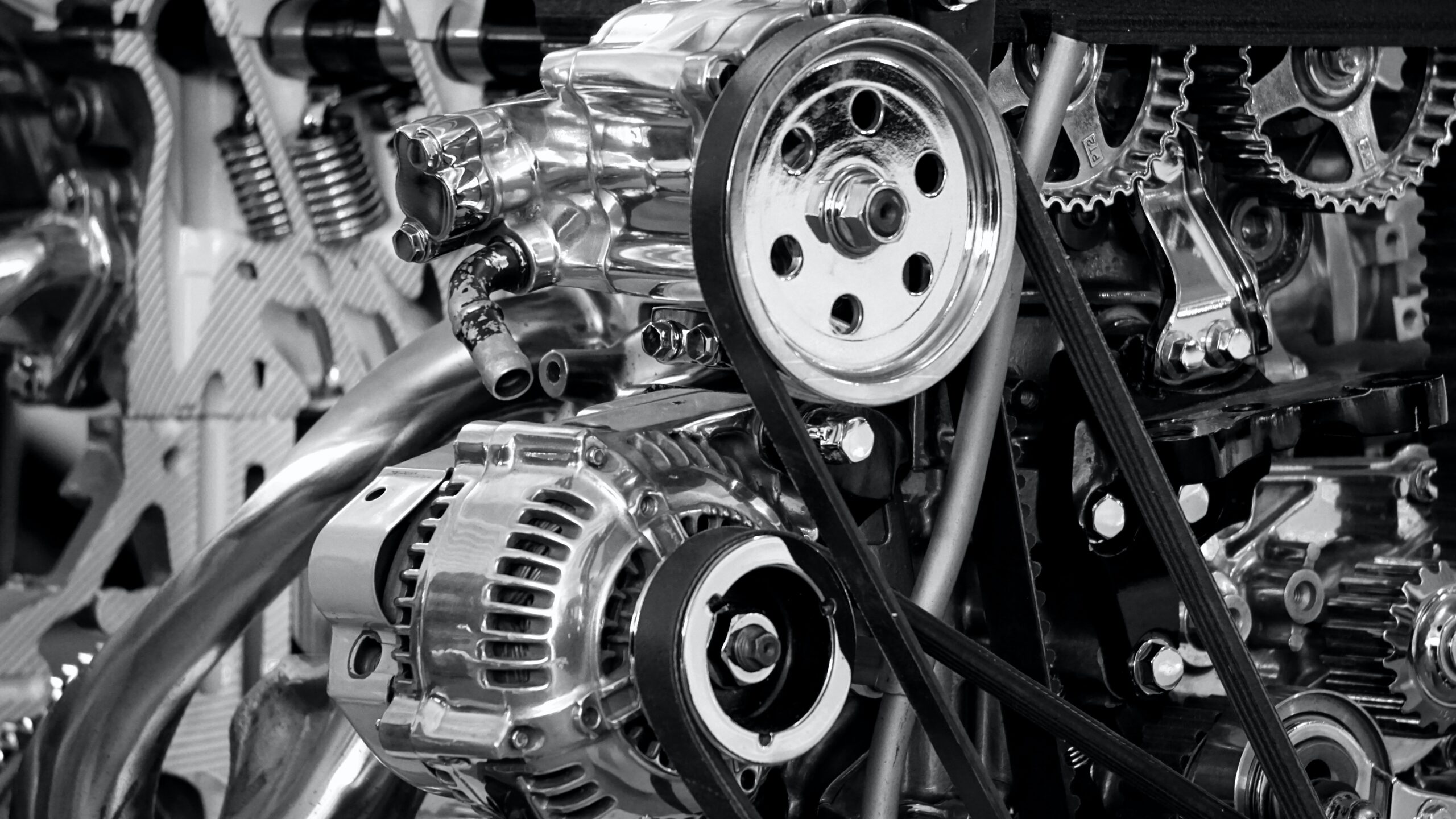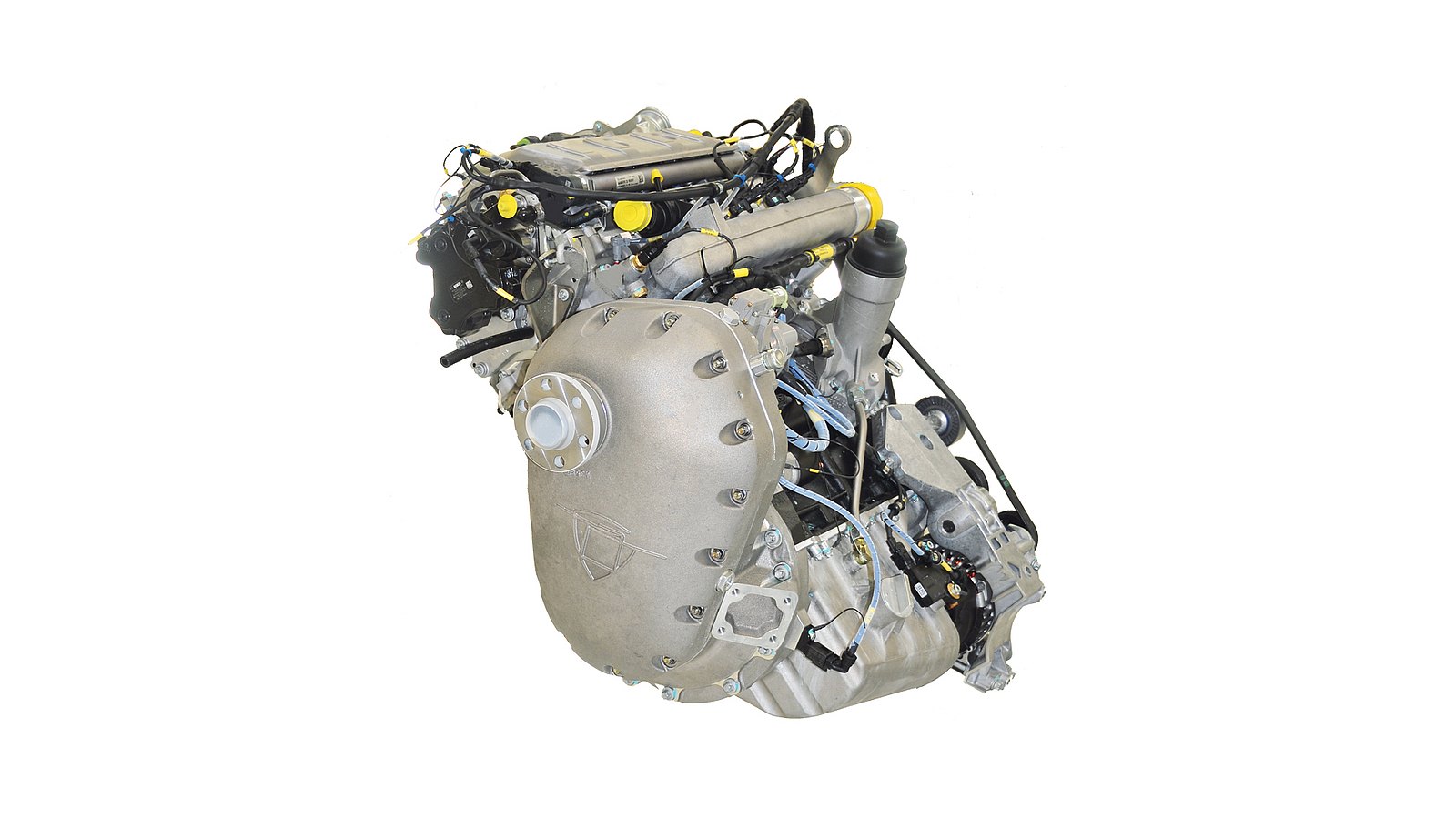Check Out a Wide Array of Engines for every single Lorry and Objective
The vehicle landscape is increasingly complex, with a varied selection of engine types developed to satisfy details efficiency and effectiveness requirements throughout different car categories. From the high-performance engines that power sports cars and trucks to the fuel-efficient alternatives customized for everyday commuting, the choices are large and varied. Additionally, sturdy engines offer the requirements of job cars, while environment-friendly options are acquiring traction in the search of lasting transportation. Understanding these differences is critical for making notified decisions, specifically as emerging technologies remain to form the future of vehicle engineering. What implications might these advancements hold for makers and customers alike?
Kinds Of Automotive Engines
Automotive engines can be categorized right into a number of unique kinds, each developed to fulfill details performance and effectiveness demands. One of the most common classifications consist of interior burning engines, electrical engines, and hybrid systems.

Electric engines, on the various other hand, operate electrical power stored in batteries, giving immediate torque and zero exhausts. These engines are becoming significantly popular because of developments in battery modern technology and the growing emphasis on sustainability.
Crossbreed systems combine both interior burning and electric engines, enabling automobiles to enhance gas efficiency and reduce discharges by flawlessly switching in between source of power. Each engine type provides its benefits and drawbacks, affecting factors such as automobile style, planned usage, and market need. When selecting the proper engine for their certain requirements., recognizing these differences is critical for suppliers and customers alike.
Performance Engines for Sports Cars
Performance engines for sports cars and trucks are especially engineered to provide improved speed, agility, and power, setting them apart from basic automobile engines. These engines frequently make use of innovative technologies such as turbocharging, turbo charging, and variable shutoff timing to maximize effectiveness and responsiveness.
Normally, efficiency engines are designed with higher compression ratios, which enable better power extraction from fuel. This results in remarkable horse power and torque figures, enabling rapid velocity and higher full throttle. The lightweight materials made use of in these engines, such as aluminum and carbon fiber, add to reduced overall lorry weight, improving handling and ability to move.
Engine setups like V6, V8, and also hybrid systems prevail in efficiency cars, each offering unique advantages in terms of power distribution and driving dynamics. The tuning of these engines is also critical; many makers optimize the engine monitoring systems to supply an exhilarating driving experience, usually including sporting activity modes that readjust throttle reaction and equipment changes.
Efficient Engines for Daily Commuters
In the world of daily travelling, reliable engines play an important duty in optimizing gas economy and decreasing emissions while giving trusted efficiency. As urban populaces expand and ecological concerns heighten, the need for automobiles outfitted with efficient powertrains has surged.
Modern engines designed for everyday travelers often incorporate technologies such as turbocharging, direct gas injection, and hybrid systems. Turbocharging enhances engine efficiency by forcing more air right into the combustion chamber, permitting smaller, lighter engines that do not jeopardize power result. Direct fuel injection enhances fuel atomization, causing better combustion and increased efficiency.
Hybrid engines, integrating inner burning with electrical power, additional enhance fuel economic climate, especially in stop-and-go web traffic, where standard engines can endure have a peek at this website from inefficiencies. Electric motors aid throughout velocity and can run individually at reduced speeds, decreasing total fuel usage.
Additionally, improvements in engine management systems and lightweight products add substantially to reliable engine layout. By concentrating on efficiency, longevity, and ecological sustainability, suppliers remain to deliver engines that not just satisfy the demands of day-to-day travelling however additionally line up with worldwide efforts to lower carbon impacts.
Heavy-Duty Engines for Job Cars
Durable engines for job automobiles are consistently crafted to provide extraordinary torque and reliability under requiring problems. These engines are created to carry out in settings where standard engines might falter, such as construction websites, logging operations, and farming setups. The key focus of sturdy engines is their capability to create high degrees of power while preserving resilience over expanded periods of procedure.
Normally, durable engines make use of sophisticated materials and robust building techniques to stand up to the roughness of hefty workloads. Attributes such as reinforced cyndrical tube blocks, improved cooling systems, and progressed gas injection innovations contribute to their effectiveness. These engines typically run at lower RPMs, which assists to enhance gas efficiency while supplying the essential power for carrying and towing.
In addition to mechanical robustness, sturdy engines are often geared up with innovative electronic control units (ECUs) that manage performance, discharges, and diagnostics. This combination enables far better monitoring and maintenance, guaranteeing that job automobiles remain operational and effective.
Inevitably, sturdy engines are an important element in the efficiency of numerous industries, providing the required power and reliability to tackle the most difficult of tasks.
Eco-Friendly Engine Options
The expanding focus on sustainability has led to the development of environment-friendly engine alternatives that prioritize minimized exhausts and enhanced fuel effectiveness. These engines are created to decrease the ecological effect of automobiles while still providing the efficiency and dependability expected by consumers.
Amongst the most noteworthy eco-friendly options are electrical and hybrid engines. Crossbreed engines incorporate standard interior published here combustion engines with electrical propulsion, permitting reduced gas intake and lower greenhouse gas discharges. Electric engines, on the other hand, run totally on battery power, generating zero tailpipe discharges and contributing to cleaner air top quality.
An additional appealing development is the improvement of biofuel engines, which utilize eco-friendly resources, such as plant products, to power cars (Engines For Africa). By making use of biofuels, these engines can lower dependence on nonrenewable fuel sources and reduced overall carbon impacts

As the automobile market progresses, green engine alternatives will certainly play an essential function in driving the change towards even more sustainable transport options.
Conclusion
From high-performance engines that enhance sports cars and truck capacities to efficient models prioritizing fuel economic situation for daily commuters, each type serves a certain function. Durable engines provide to durable job automobiles, while environment-friendly alternatives, such as electrical and biofuel engines, advertise lasting transport.

Comments on “What Sets Engines For Africa Apart in the Market”